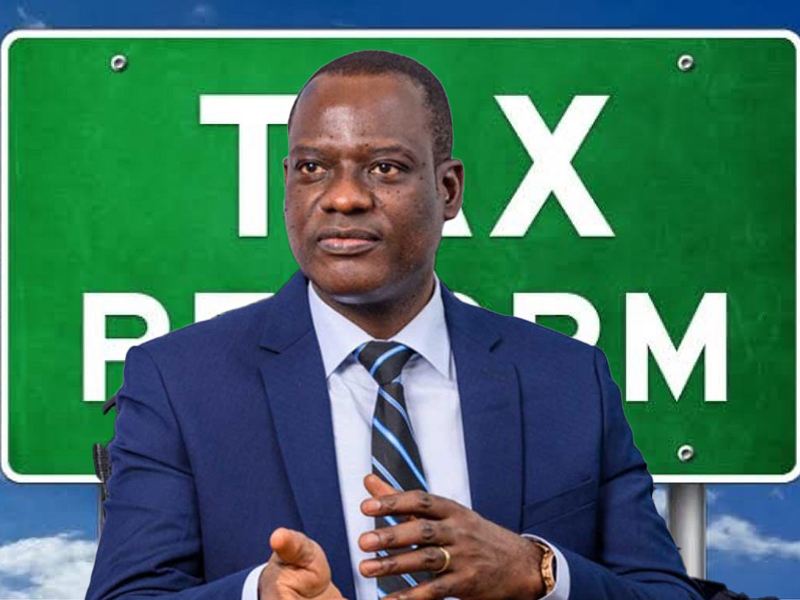462
By Tracy Moses
Nigerians have been on edge for days over reports of a looming five per cent surcharge on petrol and diesel, said to take effect in January 2026. But the Federal Government has dismissed the claim, stressing that no implementation date has been set.
The clarification came on
Friday night from the Chairman of the Presidential Committee on Fiscal Policy and Tax Reforms, Taiwo Oyedele, who, in a video message, urged the public to disregard the “misleading reports.”
“Yes, the law exists, and yes, it provides for a five per cent surcharge on fossil fuels,” Oyedele admitted. “But let me be clear: January 2026 is not on the calendar. The law gives the Minister of Finance the power to decide when to begin, and that decision has not been made. Nigerians should not panic based on wrong information.”
Fuel costs remain the single most sensitive factor in Nigeria’s cost of living, affecting transport fares, food prices, and inflation. Any suggestion of another fuel levy immediately triggers public anxiety. Oyedele tried to calm nerves, stressing that the surcharge, whenever activated, will apply only to petrol and diesel, excluding cleaner alternatives such as liquefied petroleum gas (LPG), compressed natural gas (CNG), kerosene, and other renewable fuels.
“This is not about punishment,” he said. “The aim is to dedicate these funds to our transport infrastructure. Imagine better roads, reduced vehicle maintenance costs, lower transport fares, ultimately, that’s how this will help bring down inflation. The idea is not to make Nigerians suffer, but to make life easier.”
The surcharge traces back to the Federal Roads Maintenance Agency (FERMA) Act of 2002, later amended in 2007 to introduce a five per cent user charge on petrol and diesel. Documents reviewed show that 40 per cent of the proceeds are earmarked for FERMA, while 60 per cent is allocated to State Roads Maintenance Agencies.
Still, the timing of implementation has set off a political storm. Since President Bola Tinubu scrapped petrol subsidies in May 2023, fuel prices have more than tripled, igniting inflation and deepening hardship. Many Nigerians fear that another levy, however delayed, will worsen the squeeze.
Tinubu, currently on a 10-day working trip in Europe, has been accused of chasing revenue targets at the expense of citizens. Critics argue that his fiscal policies, though praised internationally, risk fuelling unrest at home.
“Leadership should be about reducing suffering, not compounding it,” former presidential candidate Peter Obi thundered in a statement on Thursday. “This government claims to have already exceeded its 2025 revenue target by August. Why then impose more taxes on struggling citizens? Where is the relief?”
Obi accused the administration of quietly abandoning its much-touted subsidy programme for CNG, leaving cleaner fuels beyond the reach of ordinary Nigerians. “The promises have vanished, the hardship remains. If new revenues are truly coming in, why not invest in education, healthcare, and poverty reduction instead of squeezing citizens dry?” he asked.
Organised labour is watching closely. A senior official of the Nigeria Labour Congress (NLC), speaking anonymously, said on Friday: “We have not been officially briefed. But make no mistake: when our organs meet, we will take a firm stand. Nigerians cannot continue to be guinea pigs for every government experiment on taxation.”
The NLC has a long history of nationwide strikes over fuel price hikes, making its eventual reaction a potential flashpoint.
For now, the government insists the measure is on hold. But the debate has already lit a fire under Nigeria’s tense economic climate, and the prospect of a fresh levy, even without a start date, has reopened old wounds in a country still adjusting to the pain of subsidy removal



